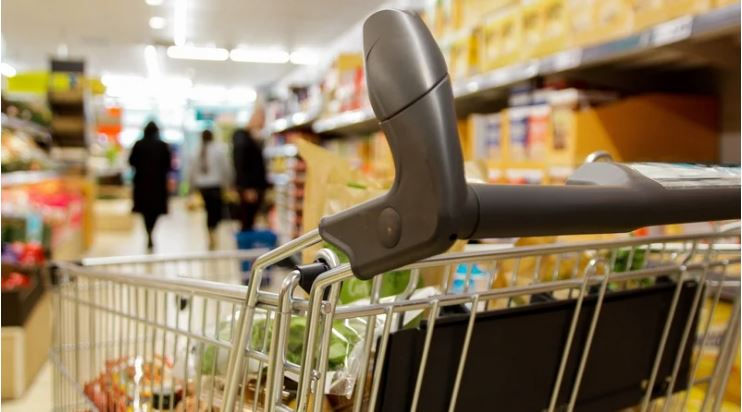
UK grocery inflation edged lower in November, a first decline in nearly two years, but remained near record highs, providing little relief for consumers ahead of the key Christmas trading period.
Market researcher Kantar said grocery inflation in the four weeks to November 27 was 14.6%.
This was down 0.1 percentage points from October's record high and marked the first fall in 21 months.
"Grocery inflation still has a long way to come down though, and based on the current rate, shoppers will have to spend an extra 60 pounds ($73) in December to buy the same items as last year," Fraser McKevitt, Kantar's head of retail and consumer insight, said.
The cost of a traditional Christmas dinner for four has hit £31, up 9.3% year-on-year, McKevitt said.
Prices are rising fastest in markets such as milk, dog food and butter, said Kantar.
It said grocery sales rose 5.9% year-on-year in the 12 weeks to November 27, masking a drop in volumes once inflation is accounted for.
It highlighted more evidence of the coping strategies shoppers are adopting to mitigate rising costs, with own-label sales now up 11.7% year-on-year and sales of the cheapest value own-label lines up 46.3%.
German-owned discounters Aldi and Lidl were yet again the fastest growing grocers with sales growth over the 12 weeks of 24.4% and 22% respectively, which also reflected the opening of new stores.
Morrisons and Waitrose were again the laggards, with sales declines of 4.7% and 1.8% respectively.
Kantar said its data did not indicate a significant boost to sales from the soccer World Cup, which started November 20.
Separate surveys published today by payments processor Barclaycard and the British Retail Consortium showed spending ticked up last month at a rate that greatly lagged behind inflation, underscoring the pressure on household budgets.



Comments